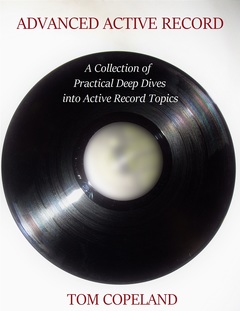As a busy Rails developer, you are probably inconvenienced at least twice a year when you have to run a migration that's not the last one in the db/migrate directory. You have to ls -lrt the contents of that directory, copy the version number, and then paste it into your terminal so you can do that down migration:
ber db:migrate:down VERSION=20180319191352I mean! Those are precious seconds wasted. Well, no more. Just put this snippet in your .bash_profile:
_rake_migrate() {
COMPREPLY=()
if [ $3 != "db:migrate:down" ]; then
return 0
fi
local cur="${COMP_WORDS[COMP_CWORD]}"
IFS='=' read -r -a array <<< "$cur"
local version_number_part=${array[1]}
if [ "$COMP_CWORD" -eq 2 ]; then
local res=$(find db/migrate/ -type f -exec basename {} \; | grep ${version_number_part})
COMPREPLY=($(compgen -W "$res" ))
fi
}
complete -F _rake_migrate rakeNow when you type rake db:migrate:down VERSION=2018 and hit the tab key Bash will list out all the migration version files from 2018. And when you select one, even though we're placing the entire filename to the right of the VERSION= it still works. That's because the db:migrate:down Rake task uses String#to_i to process the VERSION environment variable, and that handles it. Per the documentation, String#to_i "Returns the result of interpreting leading characters in str as an integer base base (between 2 and 36). Extraneous characters past the end of a valid number are ignored."
>> "42_asdf".to_i
=> 42Hats off to Mike English for his very helpful Bash completion article!
